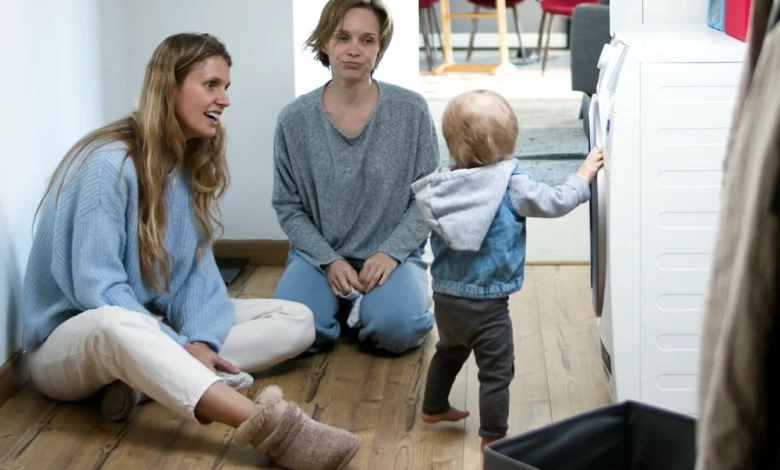Tensions in the Netherlands: Ukrainian refugees face deteriorating living conditions and reduced support

Because of the war, Ukrainians leave their native country en masse, seeking refuge in various European countries, in particular – in the Netherlands. However, despite the efforts of local authorities and charitable organizations to provide adequate conditions for refugees, the housing situation for Ukrainians in this country has been deteriorating recently. Problems of overcrowding, reduced funding and lack of prospects for long-term residence are becoming increasingly apparent, leading to increased levels of stress and psychological problems among residents of refugee centers.
The situation in centers for Ukrainian refugees in the Netherlands
As noted AD, According to a survey of the 25 largest municipalities in the Netherlands where Ukrainian refugees live, growing overcrowding and lack of personal space are causing more and more tension among people. In such conditions, psychological problems worsen, anxiety grows, and the lack of privacy creates a constant emotional burden on residents.
Refugee centers in the Netherlands are often located in former offices, hotels or homes for the elderly, making the living conditions unsuitable for long-term stays. Since these spaces were not designed to accommodate a large number of people, long-term living together without adequate privacy leads to conflicts between neighbors and psychological exhaustion.
Lack of stable funding and decreasing support
One of the main problems pointed out by local municipalities is unstable funding and limited resources to provide adequate conditions for refugees. The Dutch government has announced a reduction in financial assistance from 2025 — costs per refugee will be reduced from 100 to 45 euros per day. The move is causing concern among refugees and local communities alike, who fear that reduced funding will make it harder to access basic needs.
These aid cuts could worsen the housing situation and make it more difficult to fund psychological support and other social services that are vital for people affected by war. The municipalities call on the Dutch government to maintain the current level of support and develop long-term solutions that will give Ukrainian refugees a sense of stability and confidence in the future.
Stress and mental health issues
Due to the duration of the war and the lack of permanent housing in conditions of uncertainty, Ukrainian refugees in the Netherlands are increasingly experiencing symptoms of stress and other mental health disorders. According to local municipalities, there is an increase in the number of applications for anxiety disorders, depression and even suicidal thoughts among residents of refugee centers.
Prolonged stay in cramped spaces, where there is no personal space, creates additional emotional pressure that can increase anxiety and reduce the ability to cope with stress. Also, psychological problems are exacerbated due to the lack of prospects for improving living conditions, which causes a sense of hopelessness in many people.
Appeals of municipalities to the government
Despite tensions in refugee centers, the Dutch government decided to extend temporary protection for Ukrainians until March 4, 2026. However, this is not enough to solve the main problems that refugees face in their daily lives. The country’s municipalities call on the government to provide stable funding and implement comprehensive programs to support Ukrainians temporarily residing in the Netherlands. According to representatives of local authorities, long-term solutions are needed, which will include not only the support of basic needs, but also the provision of opportunities to improve living conditions, integration and mental health support.
The situation with Ukrainian refugees in the Netherlands illustrates the difficulties faced by Ukrainians abroad when it comes to a long-term stay in conditions that are not suitable for a full life. Cuts in government funding and a lack of long-term solutions only exacerbate the problems that already exist. Local municipalities and organizations demand additional steps from the government to improve the situation and provide Ukrainian refugees with acceptable living conditions and support.





